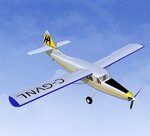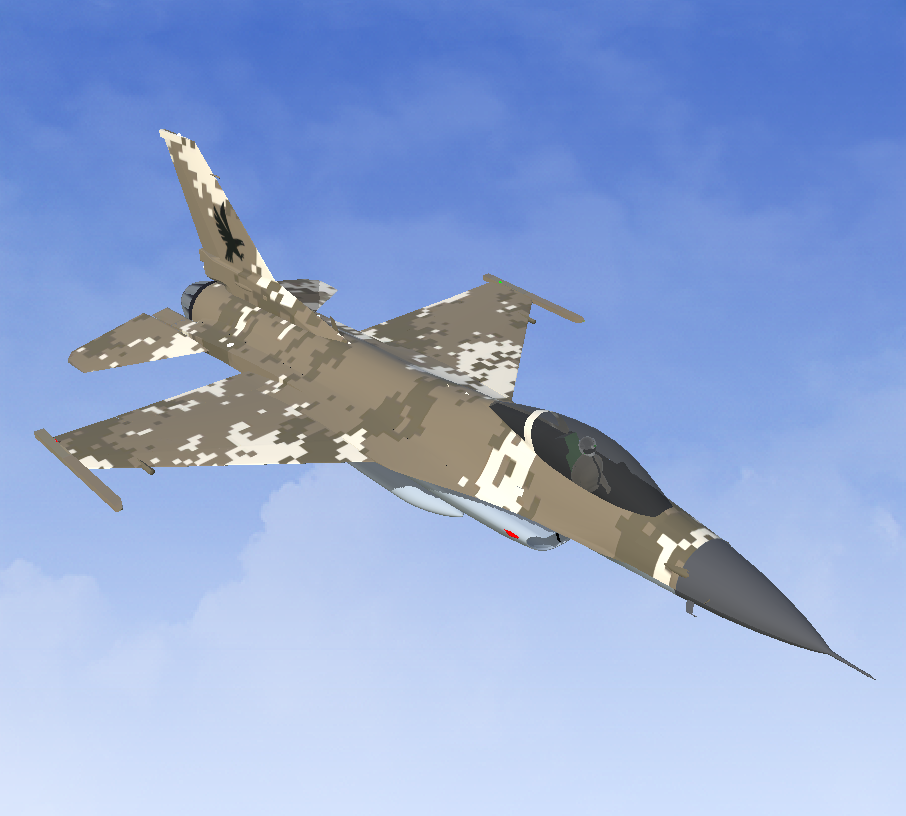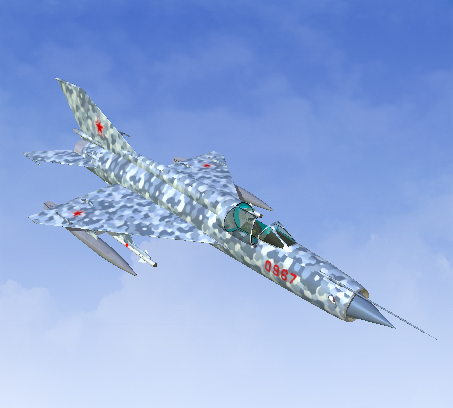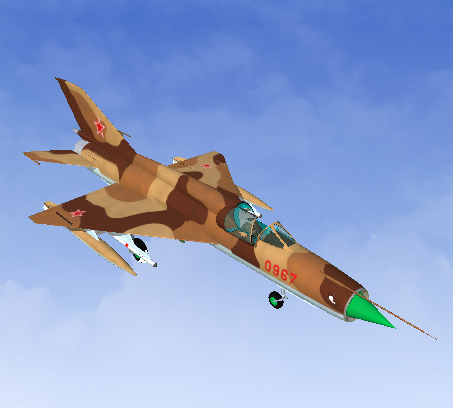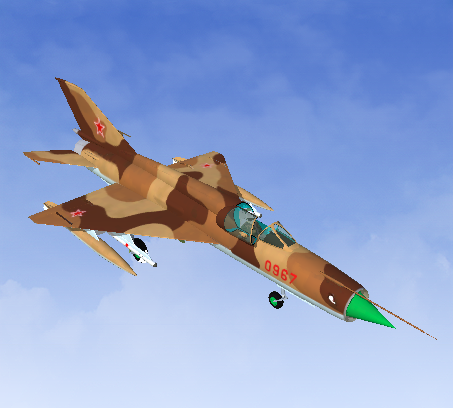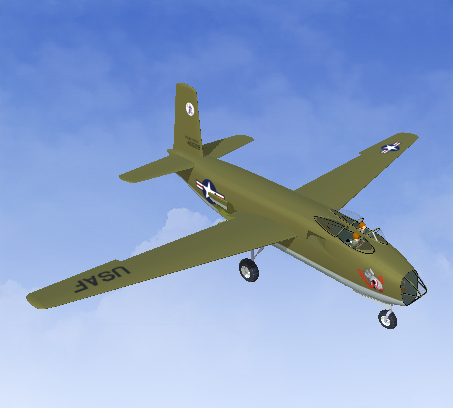The de Havilland Canada DHC-3 Otter is a single-engined, high-wing, propeller-driven, short take-off and landing (STOL) aircraft developed by de Havilland Canada. It was conceived to be capable of performing the same roles as the earlier and highly successful Beaver, but was overall a larger aircraft.
When de Havilland Canada began design work on the "King Beaver" (the Otter's original name) in January 1951, it was trying to extend the company's line of rugged STOL utility transports that had begun with the Beaver. The single-engined, high-wing, propeller-driven DHC-3 Otter was conceived to be capable of performing the same roles as the Beaver, but was considerably larger, the veritable "one-ton truck" (in company parlance, the Beaver was the "half-ton truck"). Using the same overall configuration as the earlier and highly successful DHC-2 Beaver, the new design incorporates a longer fuselage, greater-span wings, a cruciform tail, and is much heavier. Seating in the main cabin is for 10 or 11, whereas the Beaver can seat six. Power is supplied by a 450-kW (600 hp) Pratt & Whitney R-1340 geared radial. The version used in the Otter was geared for lower propeller revolutions and consequently lower airspeed. The electrical system was 28 volts D.C. Like the Beaver, the Otter can be fitted with skis or floats.
When de Havilland Canada began design work on the "King Beaver" (the Otter's original name) in January 1951, it was trying to extend the company's line of rugged STOL utility transports that had begun with the Beaver. The single-engined, high-wing, propeller-driven DHC-3 Otter was conceived to be capable of performing the same roles as the Beaver, but was considerably larger, the veritable "one-ton truck" (in company parlance, the Beaver was the "half-ton truck"). Using the same overall configuration as the earlier and highly successful DHC-2 Beaver, the new design incorporates a longer fuselage, greater-span wings, a cruciform tail, and is much heavier. Seating in the main cabin is for 10 or 11, whereas the Beaver can seat six. Power is supplied by a 450-kW (600 hp) Pratt & Whitney R-1340 geared radial. The version used in the Otter was geared for lower propeller revolutions and consequently lower airspeed. The electrical system was 28 volts D.C. Like the Beaver, the Otter can be fitted with skis or floats.

